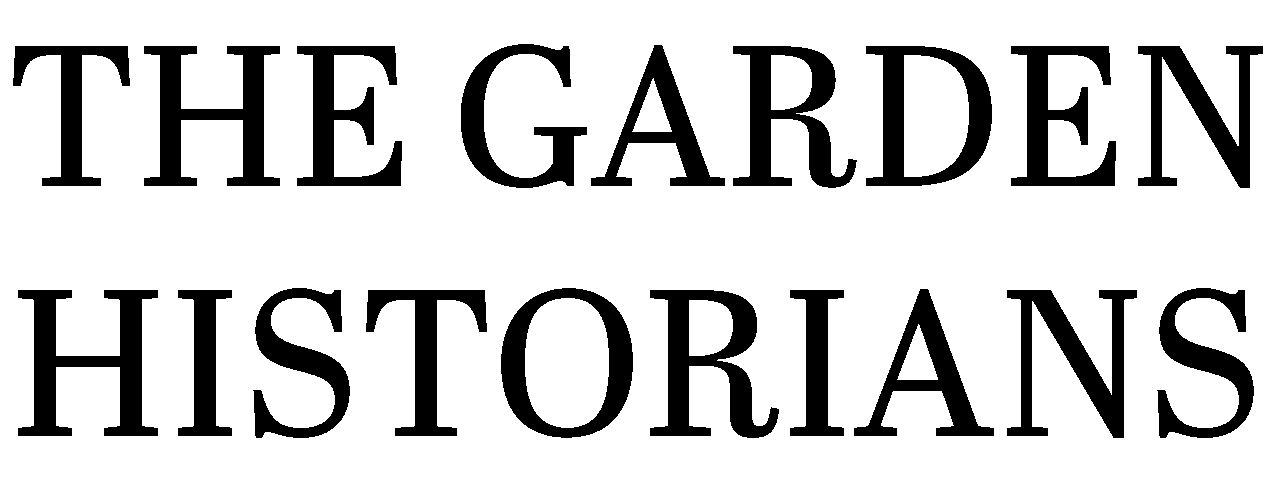International Women’s Day 8th March
Women of Influence - A three week online course starts 12th May
Three women of Influence - one restorer of castles, one traveller and advocate of vaccination and one self-trained artist botanist – all women who broke the rules of their times.
They were pioneering figures in literature, art and social thought, with actions and ideas that were ahead of their time.
Anne Clifford, called Queen of the North - 12th May
She was born in Skipton Castle in 1590, to the Earl of Cumberland and Lady Margaret Russell (daughter of the 2nd Duke of Bedford) close friends of Elizabeth I. Clifford danced in masques with Queen Anna of Denmark, married twice, became mistress of Knole and next of Wilton (when landscape designer Isaac de Caus was remodelling the house and laying out the gardens). She never gave up the fight for her own inheritance which her father willed away from her. Everyone from the King (except the Queen) and Cromwell told her to give up the battle, she was described as unstoppable "as the Rhone river" and indeed she was eventually successful. Once in control of her inheritance she began to restore the many churches and at least six castles on her estates. She commissioned art and literature, and wrote her own diary or autobiography.
Lady Mary Wortley Montagu - 19th May
Born Lady Mary Pierrepont on 15 May 1689 at the mediaeval Holme Pierrepont Hall in Nottinghamshire. She was toasted by the Kit-Cat club as the beauty of the season, when she was seven years old. Later her writing and travelling brought her fame, especially her poetry and her Letters from Turkey, written whilst in Constantinople. The Letters gave a view into a culture unknown to the British at the time – she delved into Ottoman culture, society, and the lives of women there. Her writing is witty with an intellectual depth, revealing to us the inner thoughts of a women who challenged the gender norms of her time. Whilst living in the Ottoman Empire she witnessed vaccinations for smallpox. Lady Mary is remembered for bringing this pioneering work -promoting smallpox inoculation in Britain and for her contributions to literature and women's rights.
Mary Delaney - 26th May
Mary Delany born in 1700 became an artist and botanist, who created highly detailed paper collages of plants.
Her early marriage to Mr Pendarves who drank excessively, died in his sleep and never changed his will (meaning she inherited nothing), left her a destitute widow at 25. She found herself living with relatives and friends, including the Duchess of Portland. The Duchess included Mrs Pendarves in her artistic and scientific circle and introduced her to Joseph Banks. Widowed for second time at the age of 68, Mrs Pendarves, now Mrs Delaney, once again found herself at Bulstrode, with her old friend Margaret Bentinck, now the Dowager Duchess of Portland. Their shared interest in botany, led them on local plant hunting trips. Mrs Delaney began working on the collages or "paper-mosaicks", as she referred to them, that were to introduce her in her 70’s to a world of botanists, scientists and artists. In 1769, she translated William Hudson's 1762 Flora Anglica into English, only possible with her excellent botanic knowledge. She had no formal education in science but her works were highly respected by botanists of the time for their accuracy and detail. Her collages were often used as references by scientists, and they remain today important records of 18th-century plant species.
Information
COURSE COST
£75.00
3 WEEK ONLINE COURSE
Our online Zoom course will begin on Monday 12th May 2025 from
6 pm-7pm GMT.
All our Zoom courses are recorded and a link will be sent out with notes after each class.

